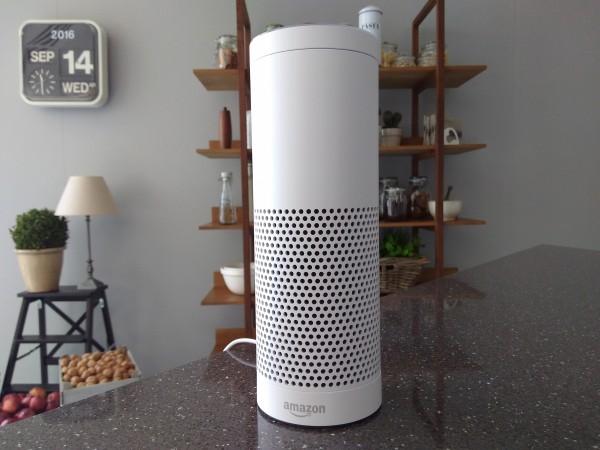
Having a smart home is the in-thing. Everything from locks to televisions to baby monitors to thermostats to security cameras to speakers, or all smart gadgets for that matter, can be connected today, which means you need less effort to do your daily activities, including online shopping. The experience it gives is awesome, which is why millions of people across the globe have transformed their homes into a smart one.
However, having a smart home can bring more headache than comfort, if precautions are not taken. Smart homes can be hacked by miscreants as most smart gadgets need internet connection. This means a house can be broken into without breaking the door or privacy compromised. And it is safer not to install smart home gadgets if you don't know how to secure them and other devices like computers and phones that operate them.
[READ: This is how you can transform your simple home into a smart home in 2017]
Here are 15 ways to keep your smart home away from attackers and hackers:
1) Keep your emails and online accounts details secret: Hackers use many tricks, including phishing to collect secret personal details. Never provide personal information to imposters who claim to be officials.
2) Router security: Get a popular router that protects password and change default password before use to make sure that hackers don't get access to all devices connected on the network.
3) Multi authentication: Use additional authentication, which means one has to enter one time password besides password. It will prevent hackers from accessing your account or device even if they have the username and password.
4) Security updates: Make sure that your smartphone runs on updated software. Check for firmware updates regularly.
5) Update devices: Make sure that smart home devices, including router are updated. It can help prevent from being hacked.
6) Malware protection: Use malware protection on your phones, computers or other devices that are used to control your smart home gadgets. It will prevent malicious software to run on your device and collect personal information.
7) Check before use: Make sure that you have secured your smartphone, computers and gadgets before connecting because it is not easy to rectify an insecure device. Get devices that promise sustainability.
8) Avoid public Wi-Fi: Turn off the "automatically connect" setting on your smartphone because hackers can access your device through public Wi-Fi. However, it is safe to use paid VPNs like Private Internet Access.
9) Maximise security features: Don't be satisfied with default security settings. Make sure that you enhance the security features of all your smart devices and replace the default password with a strong one.
10) Brand: It is safer to buy devices that have good security features even if they cost more. So, it is important to buy smart home appliances from brands that provide regular security update.
11) Different network: Use different internet connection or split it by using a virtual local area network (VLAN) to avoid hacking of smart gadgets across your smart home.
12) Safe devices: There are smart devices that don't rely on internet connection. Use such devices as they are not vulnerable to hackers.
13) Default usernames and passwords: Make sure that you don't use the default usernames and passwords that come with your devices at the time of purchase. Change them to make it difficult for hackers to attack.
14) Home network: Don't share internet network with neighbours as it will not only reduce bandwidth and eat up your internet usage, but also make your devices more vulnerable to hackers.
15) Avoid unknown devices: Hackers use USB drives and other devices to spread malicious software. So, it is best not to run unknown items on your device.





!['Lip lock, pressure, pyaar': Vidya Balan- Pratik Gandhi shine in non-judgmental infidelity romcom Do Aur Do Pyaar [ Review]](https://data1.ibtimes.co.in/en/full/797104/lip-lock-pressure-pyaar-vidya-balan-pratik-gandhi-shine-non-judgmental-infidelity-romcom.jpg?w=220&h=138)







